Anne McCrossan

12.2 Quantum inter-relationship thinking
If thoughts shape actions, our thoughts about how we frame the next age will shape what we get from it.
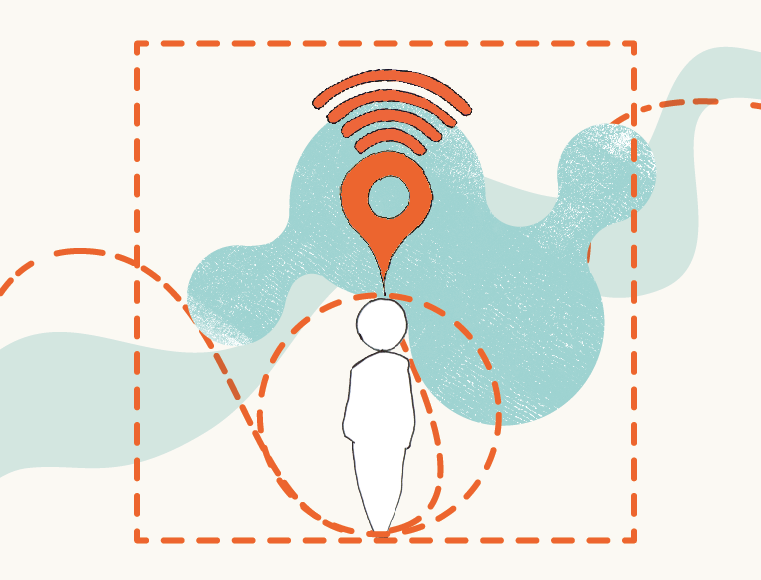
2.4 Genetically digital
As we look ahead at the code that ends up governing the humankind of our futures, our digital make-up will create ‘real time’ changes in our genetic systems.
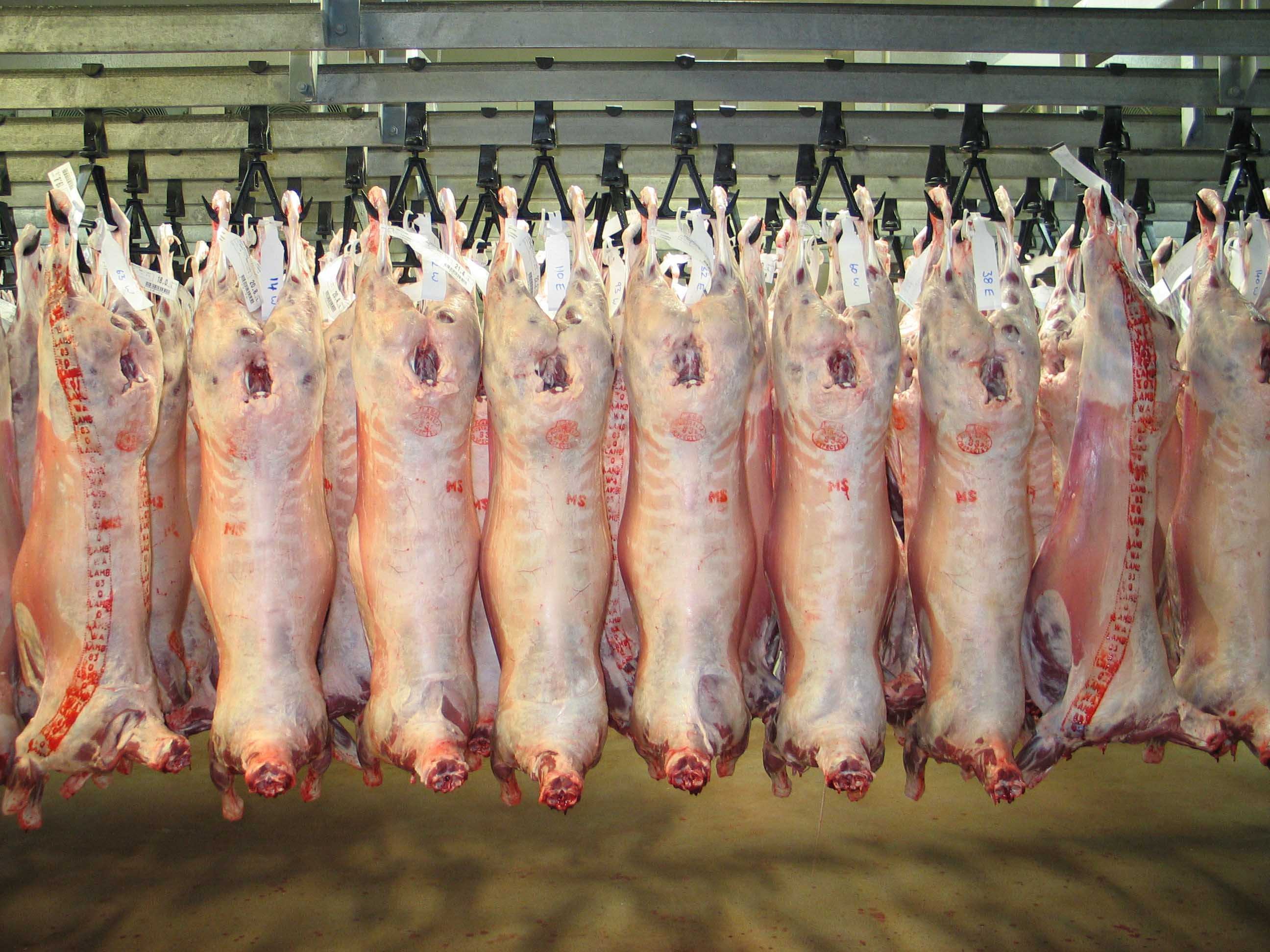
3.3 Meatware
AI may treat us just the way we treat animals. After all, we’re programming it.
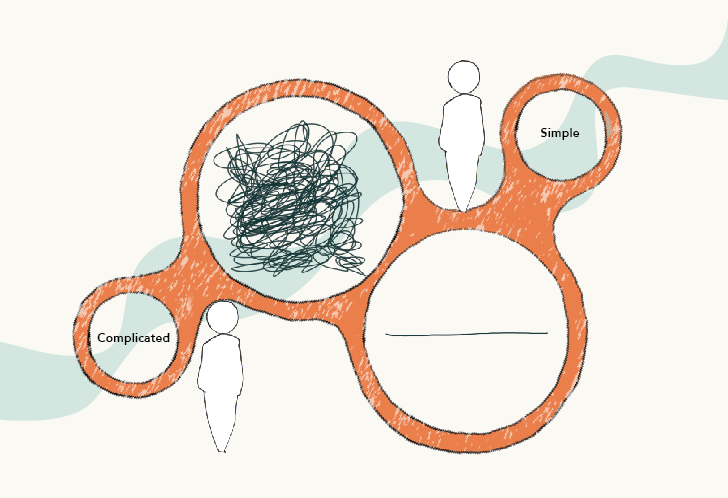
5.4 Simple and complicated
The simple act of being able to shower in fresh water, set to a temperature of choice, is one of life’s most basic and enjoyable pleasures. In the 21st Century, in a world with sustainable development goals, joined-up resources, human intelligence and technical smarts, how is it still that only a small proportion of people in the world today have this luxury?
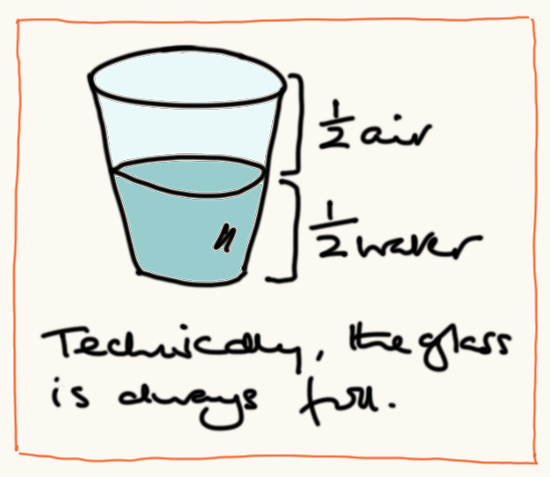
5.3 Glass half full
Where there is emptiness, so there is a heightened longing and appreciation for good. This is what makes us different from robots.s.
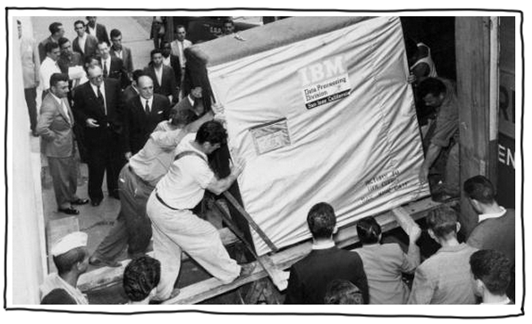
9.1 On invisible powers
The true sense of power code gives us can be easy to neglect because of how small it is. How about we let the robots and the hard drives with the serial numbers do the grunt work while we focus on something better.

5.2 Minimum Viable Human
We have all the datalogic we need to create a better quality of life for the digital human in the face of our own selfish prejudices and the artificial intelligence of machines.
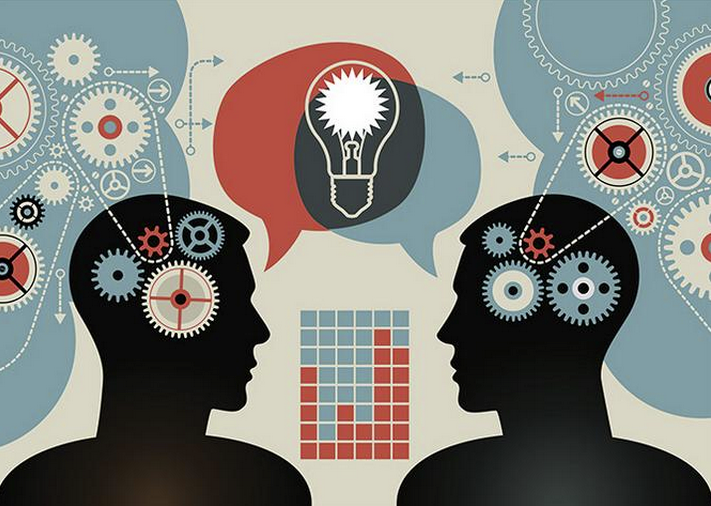
5.1 On learning faster than the competition
No matter how fast we go, a race against machines is one humans are going to lose. Real adaptability isn’t only about speed. Maybe learning faster than the competition means asking the question, ‘What shall we do instead?’
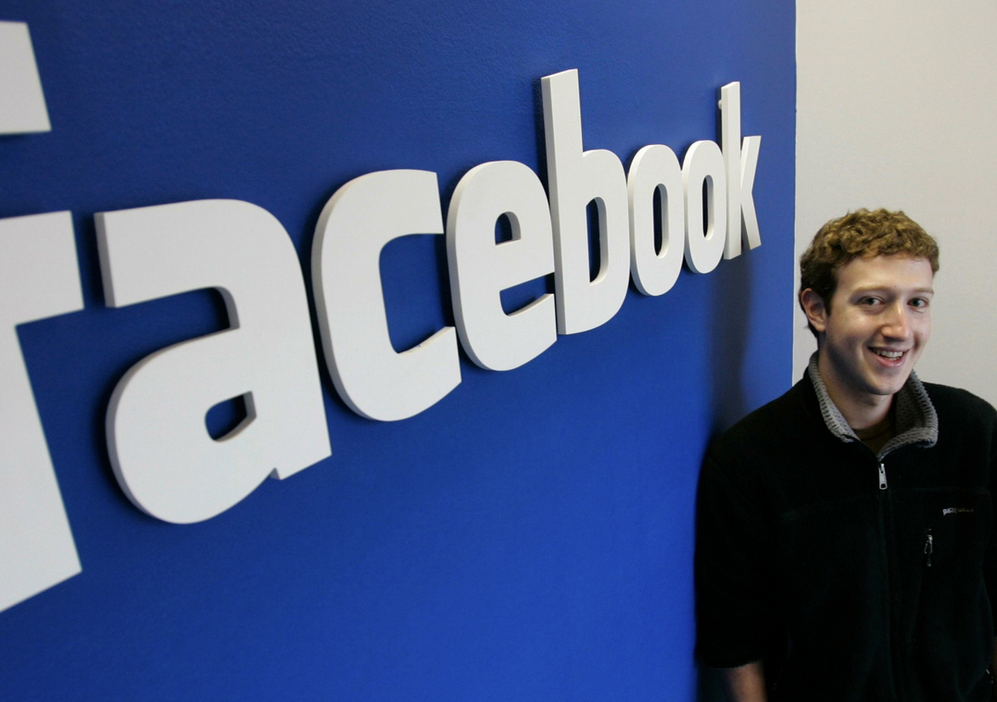
11.1 Who wins the internet?
Facebook’s announced it’s reached a billion views in one day. Who wins the internet? We do, when we all become behavioural scientists.
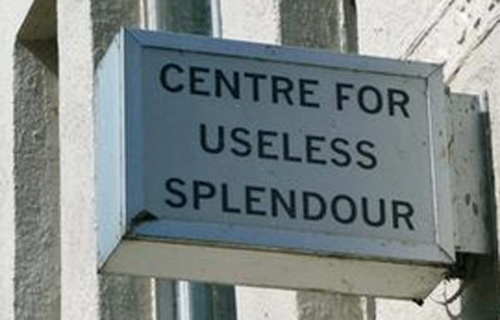
4.1 On achievements unlocked
We have been thinking in ways that are becoming obsolete. if one has to pay a high price for the trappings of happiness then it follows that those least able to derive contentment from the simplest pleasures are not, in real terms, the most well-off.
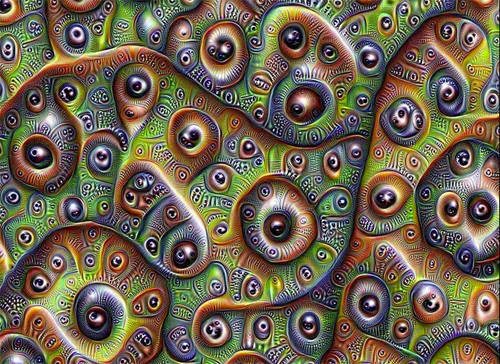
2.3 On agency
We need to defend our sense of human agency by thinking about the umbilical connection we now have with code, asking questions about it with the curiosity of children and making decisions about it collectively with the wisdom of elders. It may one of the most important acts of agency we undertake.

12.1 Operating system or ecosystem?
Is the coded world going to be capable of cultivating the organic value of the planet or will our efforts be about reprogramming it to suit today’s interests? That’s for all of us to decide.

3.2 On fingerpointing
The lifeboat of sustainable digital economics is perceived as only having room for so many. The language of persecution, thick in the digital airwaves, is a symptom of how we are wrestling with the dilemma of ‘is’ and ‘other’.
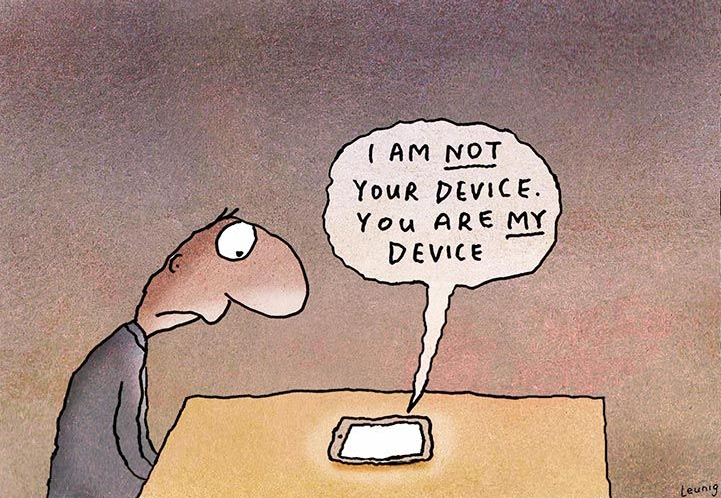
2.2 On digital intimacy
Boundaries between us and the digital, code-driven intimate relationships we now have with our devices now, suddenly, matter. They literally matter. They are shaping who we are and what to connect to. They are becoming a part of us.

1.26 The futuremakers
We are futuremakers, living in an age when destiny doesn’t have to be entirely random, a world where everything can be made and measured.
